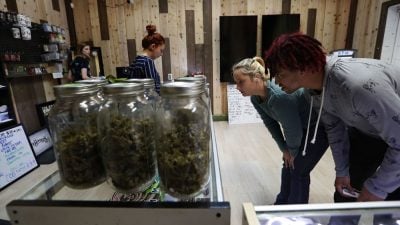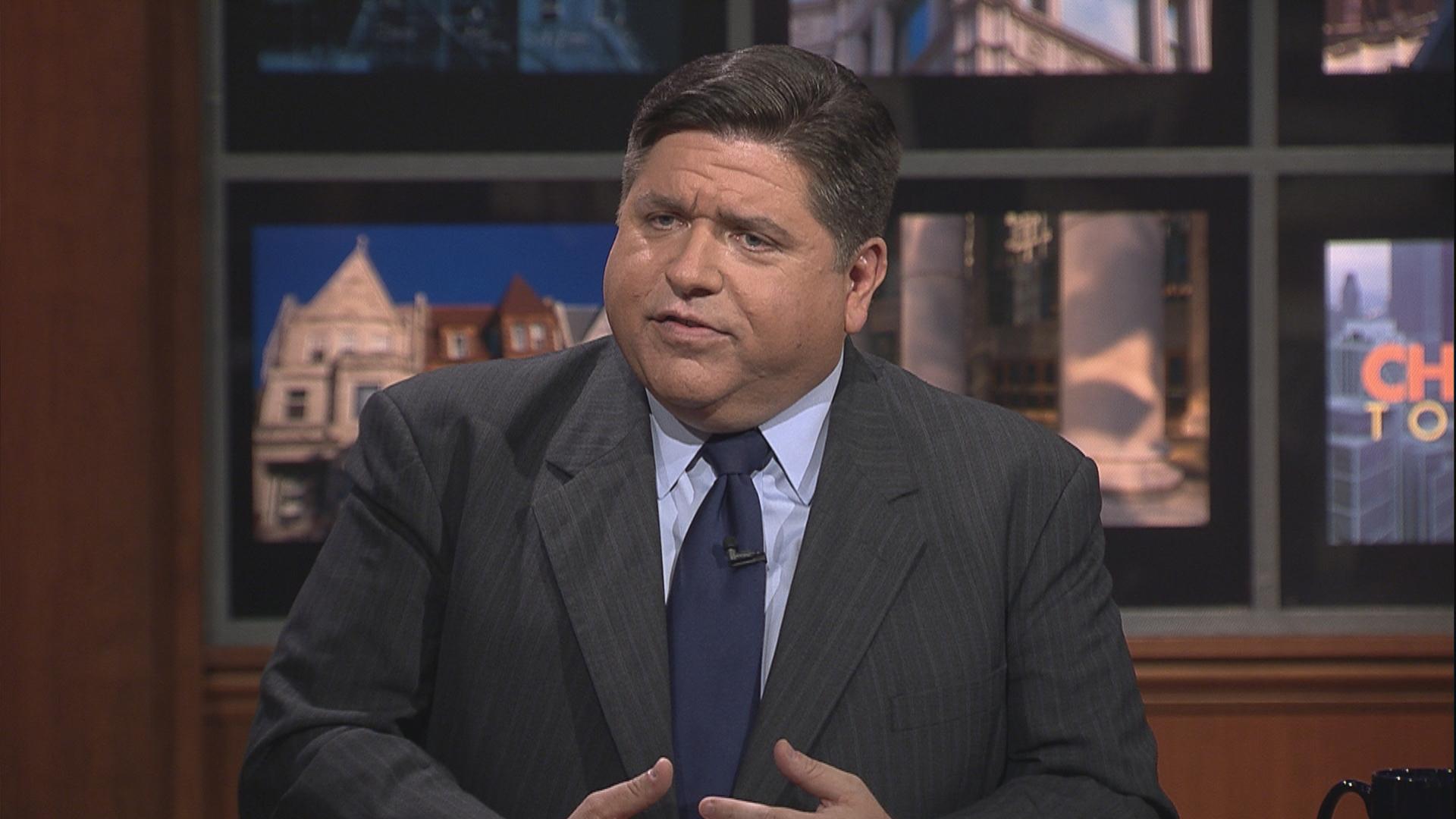Illinois Legalizes Cannabis

The late economist Milton Friedman’s notion of capitalism and freedom is polar opposite to my own views.
We’re however likeminded on the issue of illicit drugs and so-called US war on them, largely waged on Blacks and Latinos. They comprise around two-thirds of the US gulag prison system inmates, the world’s largest by far.
Over half of US incarcerated individuals are for nonviolent offenses, about half of them for illicit drug possession.
Friedman opposed the criminalization of illicit drugs and war on them. Ending it in the US would “half the number of prisons, half the number of prisoners,” and eliminate thousands of annual drug-related homicides, he maintained.
It would also help stabilize inner city communities ruptured by the devastating war on drugs, imprisoning many of its residents, depriving young children of one more parents or older siblings.
Prohibition of alcohol in the US ended because its enormous harm far outweighed anything positive. The same goes for illicit drugs to a far greater extent.
For the past half century, trafficking terrorized inner city neighborhoods, fostering violence while serving the interests of organized crime, the CIA as a key revenue source, and major Western banks, profiting from laundering dirty money.
Addressing the failure of prohibition, legal scholar Roscoe Pound once said certain human behaviors are beyond “the effective limits of legal action.”
Instead of ending alcohol abuse and addiction, prohibition drove production, distribution, and consumption of the products underground.
The illicit drug trade is a far greater problem than alcohol abuse. According to the UN Office on Drugs and Crime (UNODC) and Interpol, the annual dollar volume way exceeds $400 billion.
The US spends tens of billions of dollars annually dealing with the problem, money unavailable to benefit the general welfare.
The illicit drug trade let the US prison/industrial complex surge to unprecedented size. It masks racism, a form of modern-day slavery, crushing the human spirit, locking people in cages, brutalizing them in captivity, including for minor offenses, notably for possession of illicit substances.
According to California Prison Focus, “no other society in human history has imprisoned so many of its own citizens” and residents — a democracy in name only, run like a fascist police state.
Alcohol, tobacco, and drug addictions are health issues, wrongfully criminalized when it comes to substances banned by ill-conceived laws, waging war on people using them instead of focusing on helping them become drug-free.
Should overeating and other poor dietary habits be criminalized, causing far more health problems and premature deaths than illicit drugs?
The same goes for addiction to alcohol, tobacco, and other harmful behavior. Banning their use would make the solution worse than the problem.

Nationwide legalization of cannabis is long overdue. It’s coming incrementally — to Illinois effective January 1, 2020 based on passed House and Senate legislation, the Cannabis Regulation and Tax Act (CRTA), to be signed into law straightaway by Governor Jay Pritzker (image on the right), fulfilling his earlier pledge.
He called the measure “the most equity-centric approach in the nation,” adding:
“This will have a transformational impact on our state, creating opportunity in the communities that need it most and giving so many a second chance.”
The bill will make Illinois the first US state to legalize cannabis legislatively, rather than by ballot initiative.
Polls show most state residents support its use for recreational purposes. The measure lets adults aged-21 or older possess up to 30 grams of cannabis flower, 5 grams of cannabis concentrate, and 500 milligrams of THC-infused products.
It’s similar to but more liberal than laws enacted in 10 other states, permitting use of cannabis with or without marijuana card authorization.
It lets medicinal cannabis users grow their own plants at home, not recreational users. It expunges earlier low-level marijuana possession, manufacture, and intent to distribute convictions.
Along with measures enacted in other states, it’s a small step back from the near-half century human and community destructive war on drugs.
State Senator Toi Hutchinson said
“(t)he most historic aspect of (CRTA) is not just that it legalizes cannabis for adults, but rather the extraordinary efforts it takes to reduce the harm caused by the failed war on marijuana and the communities (and people) it hurt the most.”
According to Marijuana Policy Project (MPP) director Chris Lindsey, (t)he Illinois Legislature has set a standard of excellence with this bill that other states seeking to pass similar legislation should follow,” adding:
“Illinois has put in place a set of equity provisions that should serve as a national model for other state legislatures grappling with how to redress the harm caused to communities targeted in the drug war.”
Chicago NORML, Working to reform marijuana laws’ executive director Edie Moore said
“(w)e’re going to be able to look back five years from now and see that the quality of life in disadvantaged communities has been made better because of this legislation.”
Supporting the legalization of cannabis in Illinois, Cook County State’s Attorney Kim Foxx said the following:
“The failed war on drugs has disproportionately impacted communities of color” for far too long, the criminal/injustice system doing far more harm than illicit substances.
According to the ACLU, Black Americans are nearly four-times more likely to be arrested, prosecuted, and imprisoned for marijuana possession than white people.
DrugPolicy.org explained that nearly 600,000 American citizens and residents were arrested in 2017 for marijuana possession. Around half the number were Black or Latino.
Arrests and convictions overwhelmingly target the poor and disadvantaged, unable to afford proper legal help available to well-off individuals.
Criminalization of substances overall should end, helping addicts recover from their illness instead of punishing them behind bars — making the problem far worse, not better.
*
Note to readers: please click the share buttons below. Forward this article to your email lists. Crosspost on your blog site, internet forums. etc.
Award-winning author Stephen Lendman lives in Chicago. He can be reached at [email protected]. He is a Research Associate of the Centre for Research on Globalization (CRG)
His new book as editor and contributor is titled “Flashpoint in Ukraine: US Drive for Hegemony Risks WW III.”
http://www.claritypress.com/LendmanIII.html
Visit his blog site at sjlendman.blogspot.com.

